Where did it all start? I think the first really stupid sentence came from then German Chancellor Angela Merkel on 31 August 2015, saying that we will make it, we will solve it, in reference to the nearly 2.5 million illegal migrants who had flooded Europe at that time, with a specific reason and intention. And, while there were certainly some who were truly refugees, many Yusufs also came, lying about their identity, age and intentions, to scatter in Europe's major cities, selling water or pottery around the Louvre or somewhere in Berlin, just waiting for a sign.
Official EU data reveal that nearly one million asylum applications were submitted in the EU in 2022, 52.1 percent more than in 2021, and this is the highest number since 2016.
At the peak of the 2015-2016 migration crisis, the number of applicants reached 1 221 690. And they are the ones who wanted to make their stay legal, that is, those who are "seen" by the statistics. Syrian, Afghan, Venezuelan and Turkish nationals lodged the highest number of asylum applications – combined, they accounted for nearly forty percent or almost half of the first asylum seekers.
Not small numbers. You would rightly think that whoever ordered the admission of these people must have done so with a concrete plan in mind for how they would be hosted and integrated in the countries of the continent. Well, no. Europe has taken in millions of people with unknown intentions, people who neither know nor respect European culture – with a few honorable exceptions – people with whom the bloc cannot deal with now. A survey of Germans conducted two years ago found that a large part of the population (53 percent) believed that Germany had failed to tackle the migration wave.
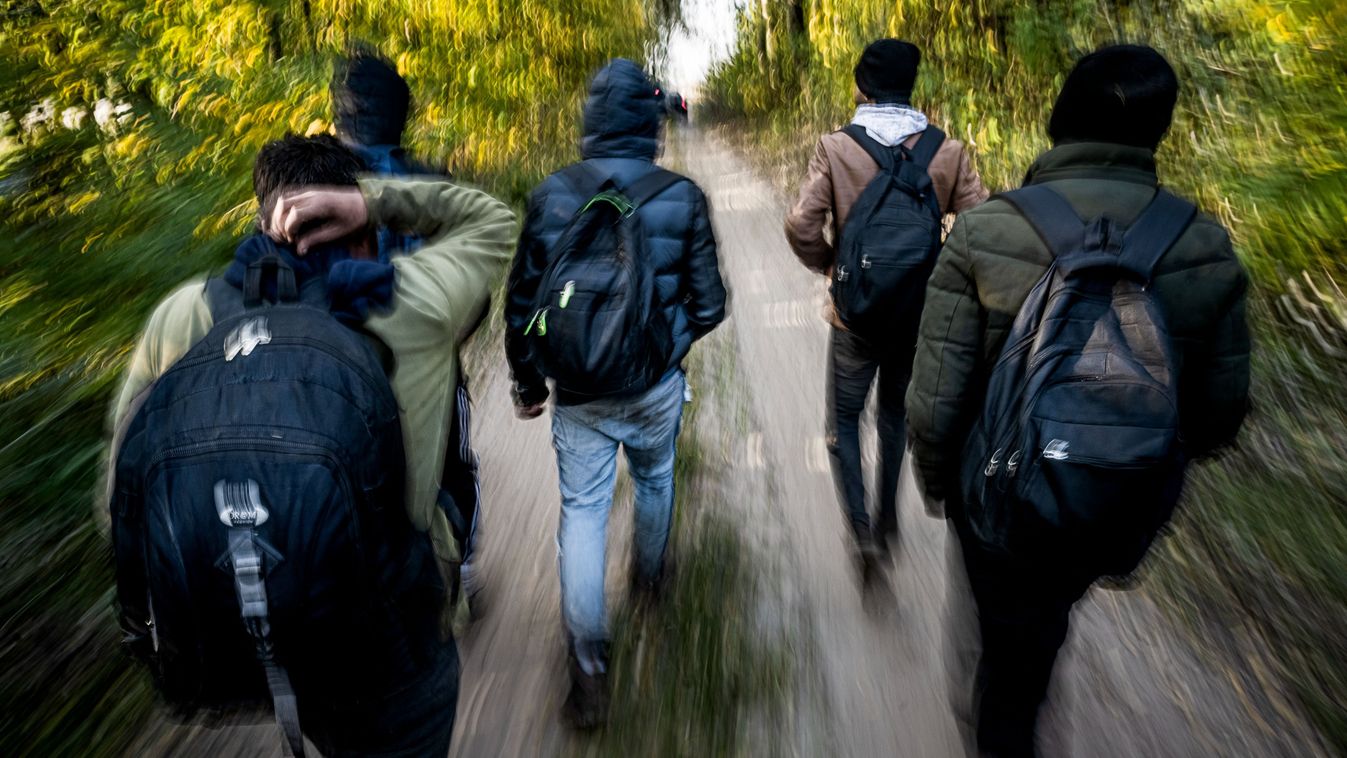
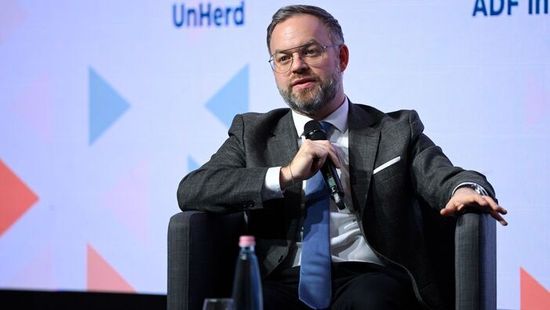

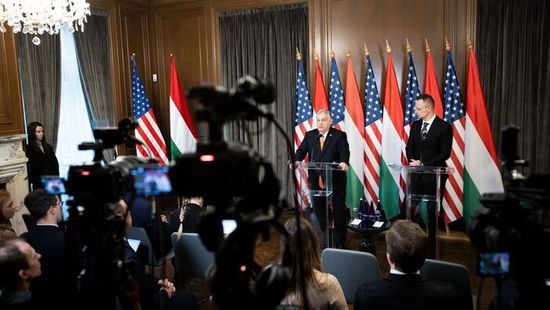
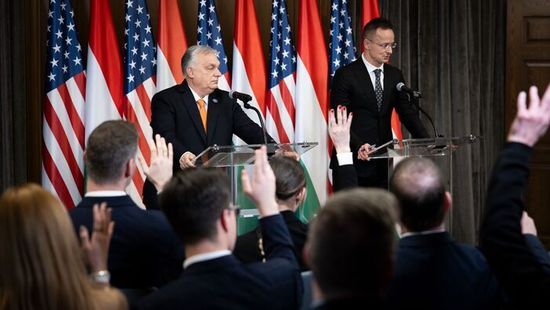

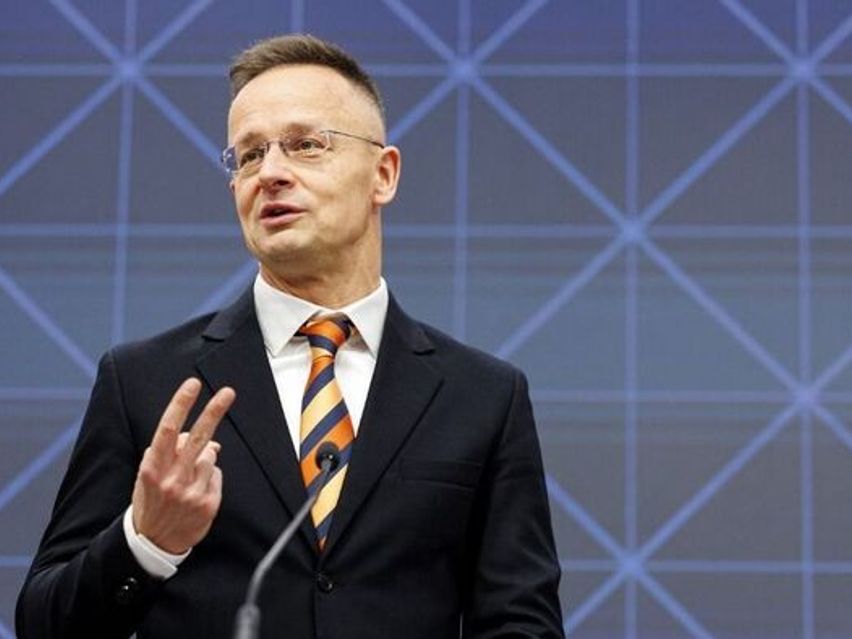

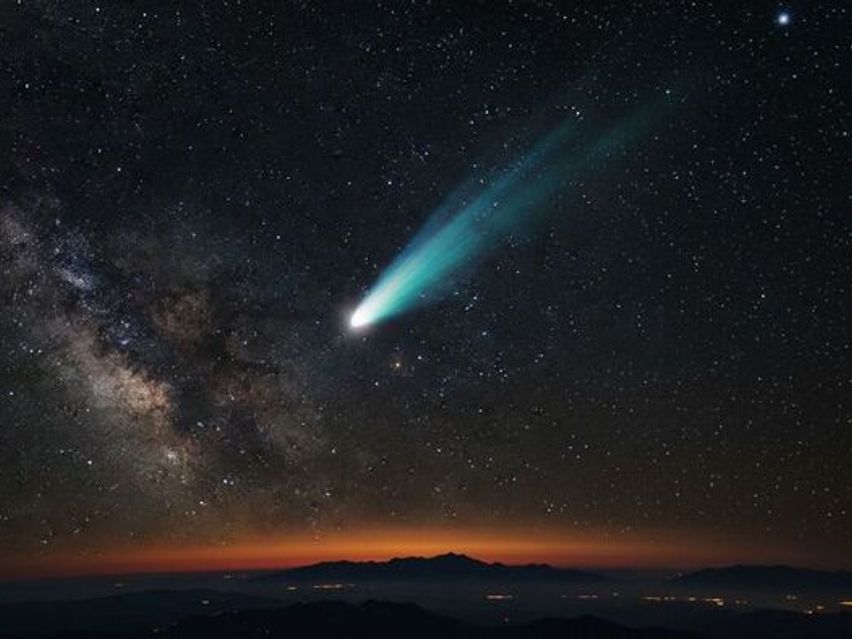


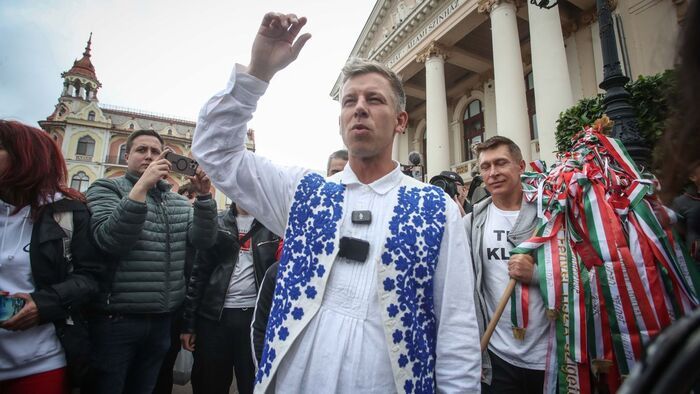
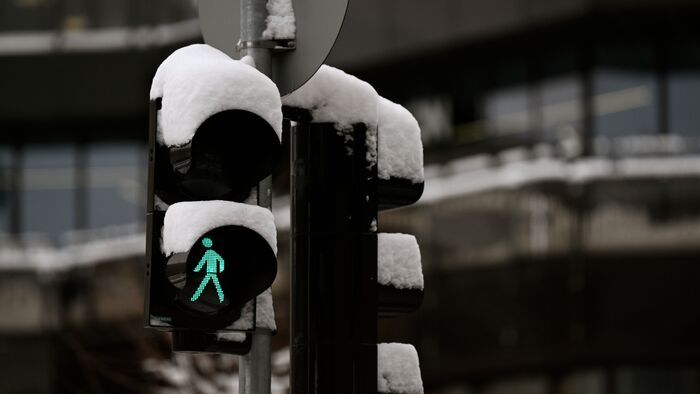


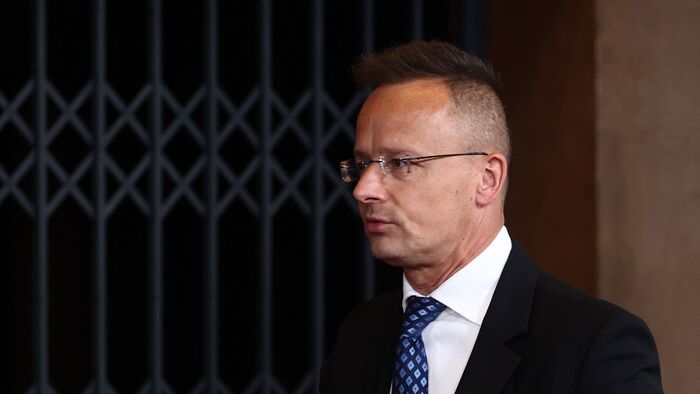

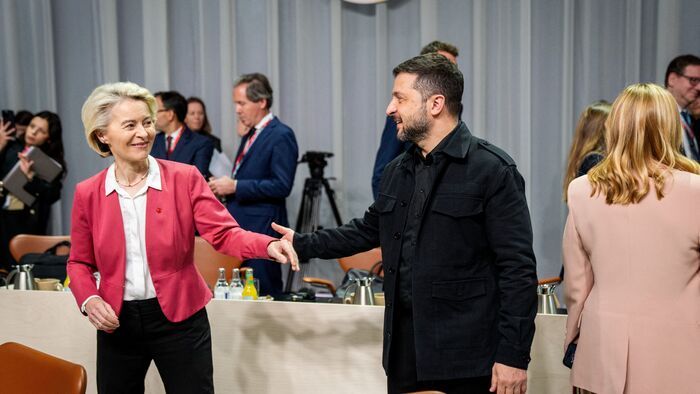



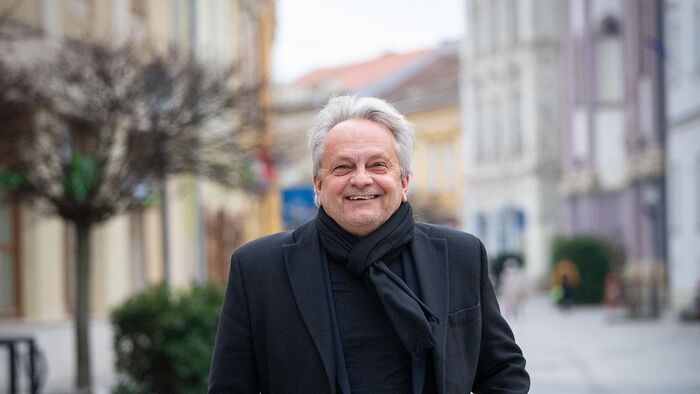

Szóljon hozzá!
Jelenleg csak a hozzászólások egy kis részét látja. Hozzászóláshoz és a további kommentek megtekintéséhez lépjen be, vagy regisztráljon!